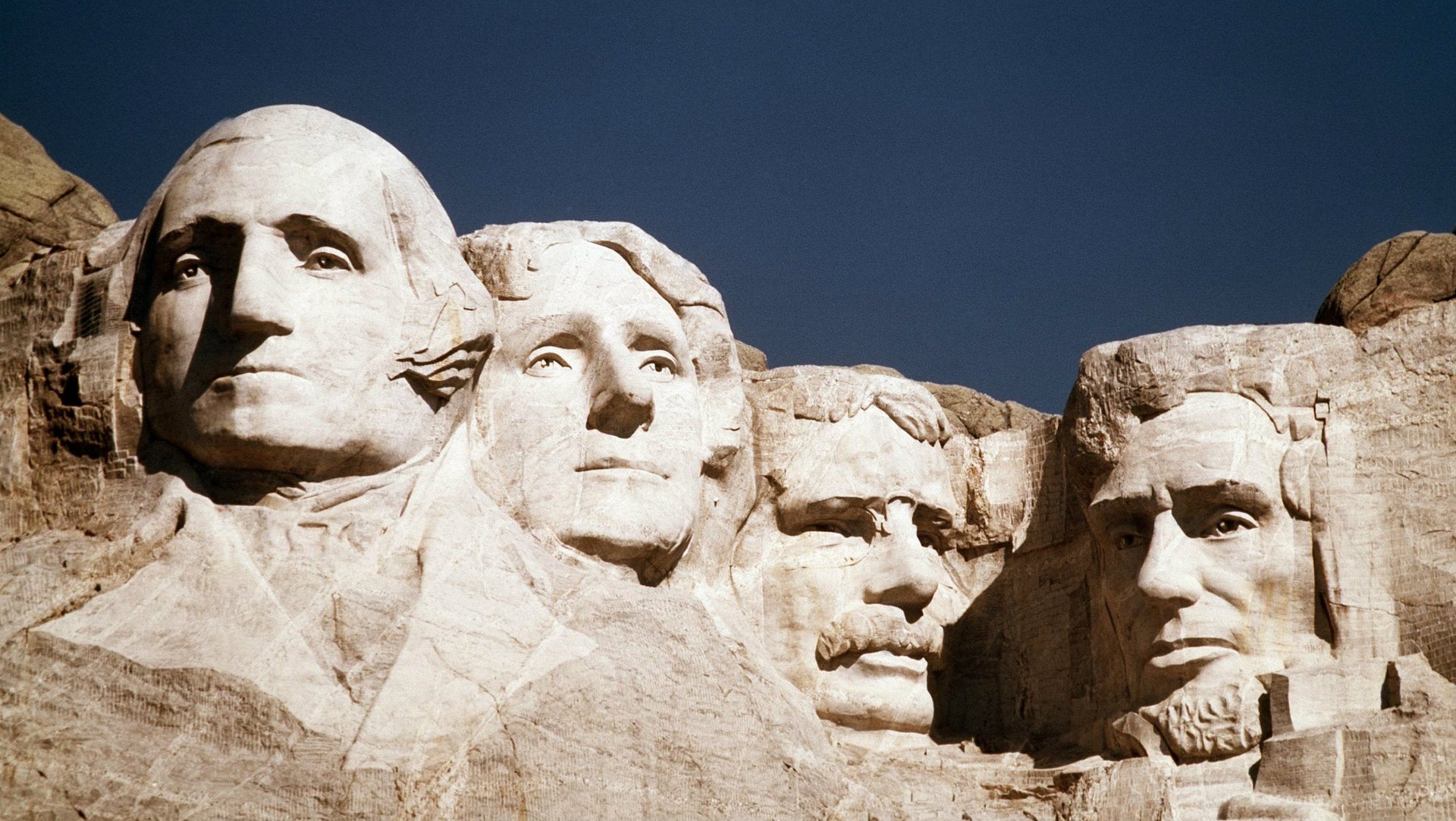America’s founding fathers would have hated the Trump campaign’s approach to religion
Trump’s latest public-speaking gaffe pitted the Republican presidential hopeful against other rich, wigged men: The thinkers responsible for the US Constitution.


Trump’s latest public-speaking gaffe pitted the Republican presidential hopeful against other rich, wigged men: The thinkers responsible for the US Constitution.
At a rally in New Hampshire on Sept. 17, an audience member declared, “We have a problem in this country, it’s called Muslims.” President Obama, the man said, was Muslim, adding that training camps were growing where “they want to kill us.” He ended: “That’s my question: When can we get rid of them?”
Trump responded. “We’re going to be looking at a lot of different things.”
In a statement following the debate, the Trump campaign said:
The media wants to make this issue about Obama. The bigger issue is that Obama is waging a war against Christians in this country. Christians need support in this country. Their religious liberties are at stake.
Trump’s failure to dispute the questioner’s assumption that Obama is a Muslim is in sharp contrast to the Republican response in the president’s first campaign. When a woman in the audience told then-Republican candidate John McCain she couldn’t trust Obama because he was an “Arab,” McCain took the microphone away and shut her down.
More fundamentally, the Trump campaign’s promotion of the liberties of Christians and denigration of followers of other religions—or at least tacitly encouragement of his fans to do the same—goes against the basic tenets of the constitution of the country he aims to lead. Government tolerance of all religions and people’s ability to practice their faith of choice is carefully spelled out in the first amendment.
Congress shall make no law respecting an establishment of religion, or prohibiting the free exercise thereof; or abridging the freedom of speech, or of the press; or the right of the people peaceably to assemble, and to petition the Government for a redress of grievances.
As Cornell University Law School’s Legal Information Institute explains, forbidding any law “respecting an establishment of religion” means that:
This clause not only forbids the government from establishing an official religion, but also prohibits government actions that unduly favor one religion over another. It also prohibits the government from unduly preferring religion over non-religion, or non-religion over religion.
In 1802, then President Thomas Jefferson explained further his thinking on the first amendment his “Letter to the Danbury Baptists:“ Religion, he writes “is a matter which lies solely between Man and his God,” and a believer ”owes account to none other for his faith or his worship.” Jefferson would presumably have said the same to Trump.